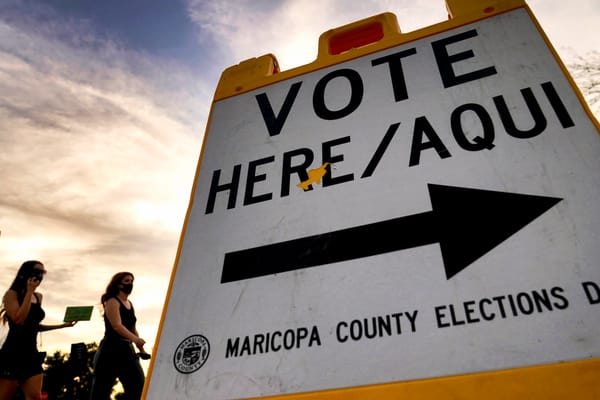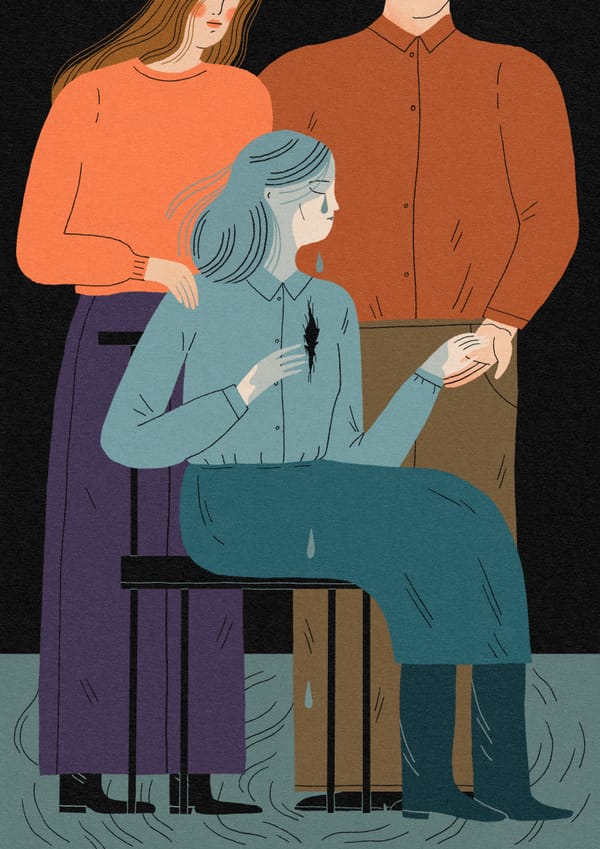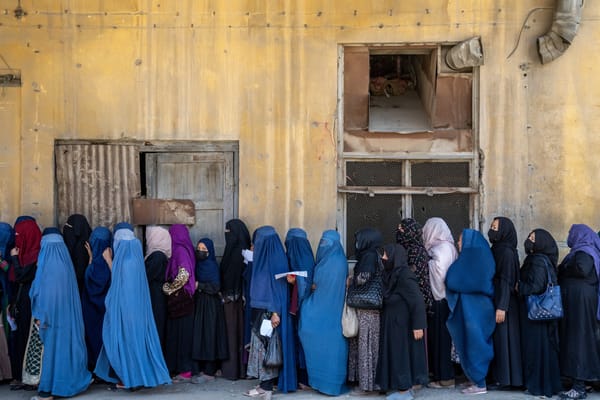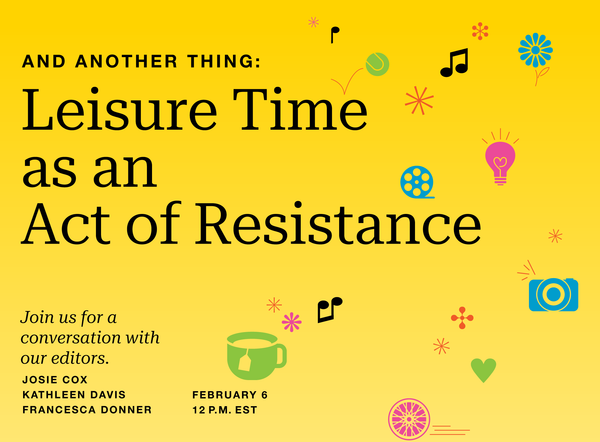Catholics' Views on Women Are Evolving. Will the Vatican Ever Catch Up?
A majority of American Catholics today hold views that differ from church teachings on birth control, marriage and the priesthood.
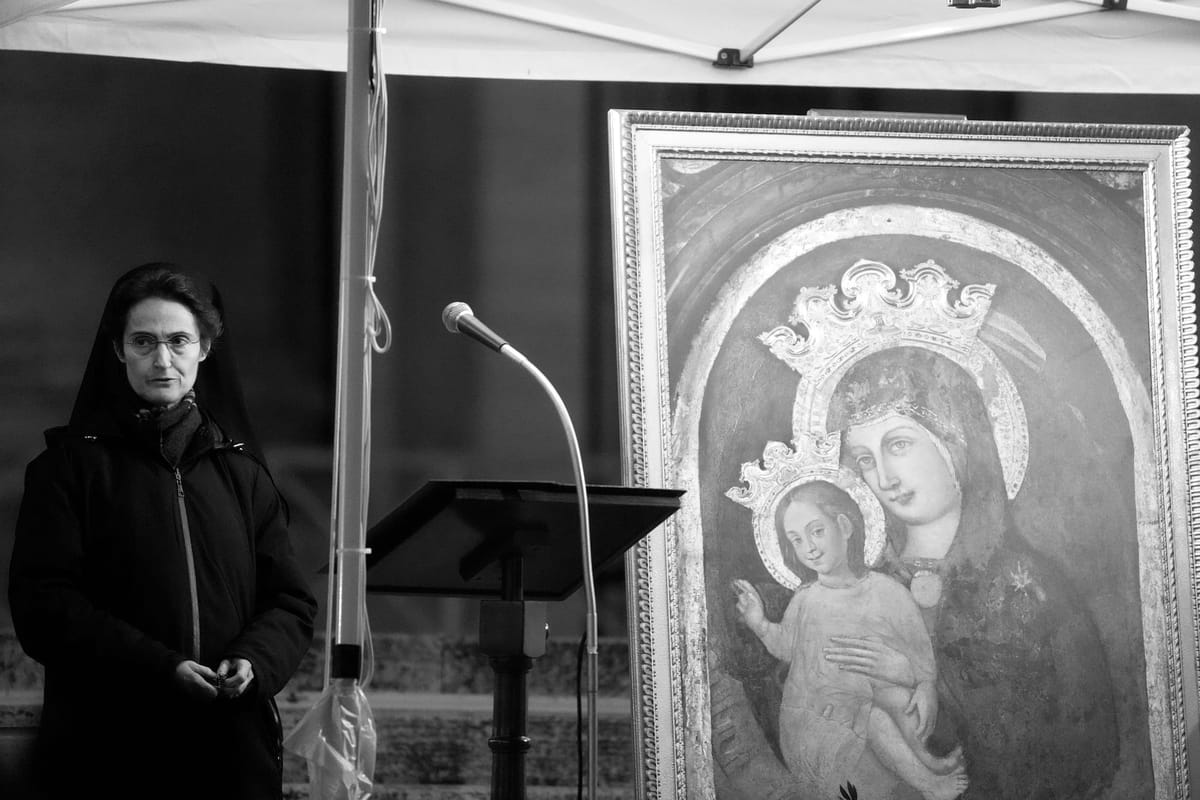
Last week, more than a hundred cardinals from around the world gathered inside the Sistine Chapel to choose the next leader of the Catholic church.
This week, we have a new pope. His name is Pope Leo XIV (formerly: Robert Prevost). And rather predictably, he’s a man.
At The Persistent editors’ meeting we mused: Would there—indeed, could there—ever be a woman leader of the Catholic church? Knee jerk response: Nope.
But, not wanting to jump to unfounded conclusions, we did a bit of digging.
In basic terms, the Bible teaches that Jesus only chose male apostles. The implications of this were reinforced 1994, in an apostolic letter, written by Pope John Paul II who determined that because of this, the church simply doesn’t have the power to confer priestly ordination on women.
As someone who was born and raised an atheist, I read the letter with interest and—in my humble opinion—this is the TLDR line: “I declare that the Church has no authority whatsoever to confer priestly ordination on women and that this judgment is to be definitively held by all the Church's faithful.”
Michele Dillon, a sociologist at the University of New Hampshire who studies Catholic culture in America, explained the logic in slightly less flowery terms to NBC News in March: "Had Jesus wanted women to be priests he would have called them to be his apostles.”
Fine. But—we wondered—might the values be evolving?
It turns out, that’s a slightly different story.
Earlier this year—and before Pope Francis’s hospitalization on Feb. 14—the Pew Research Center conducted a survey of over 9,500 Americans on the topic of religion. Almost 1,800 of the respondents identified as Catholic and their responses revealed that a majority of Catholics today hold views that differ from church teachings on issues including birth control, marriage and the priesthood.
At 84%, for example, an overwhelming majority of Catholics said the church should permit birth control. Some 83% said they thought the church should allow couples to use in vitro fertilization (IVF) to get pregnant, and 68% said that the church should allow women to become deacons. A further, 63% said priests should be allowed to get married and 59% said the church should ordain women as priests.
Almost two-thirds—or 60%—of Catholic respondents said the church “should be more inclusive, even if that means changing some of its teachings,” while just over one-third—37%—said that it should “stick to its traditional teachings, even if that means the church gets smaller.”
It turns out there was a big difference in the attitudes and opinions of Catholics who go to church at least once per week and those who don’t. The regular churchgoers were fully 20 percentage points less likely to favor allowing women to serve as deacons than those who went to church irregularly or not at all. The difference was the same when it came to opinions on whether priests should be allowed to get married.
Among churchgoers, 27% said birth control should not be allowed, 44% said the church should not permit women to become deacons, and two-thirds said the church should not recognize the marriages of gay and lesbian couples.
Pew found women to be only “somewhat” more likely than men to want a “more inclusive” church, and to say women don’t have enough influence in the church
As for the new pope, what do we know about his views on gender and sexuality?
One data point can be found in a 2012 address Pope Leo gave to bishops, in which he lamented Western news media and popular culture for fostering what he described as “sympathy for beliefs and practices that are at odds with the Gospel.” He specifically cited the “homosexual lifestyle” and “alternative families comprised of same-sex partners and their adopted children.”
As bishop in Peru, he also reportedly opposed a government plan to add teachings on gender to school curricula. “The promotion of gender ideology is confusing, because it seeks to create genders that don’t exist,” he told local news media.
For years, progressive Catholics have been urging the church to allow for women to be ordained as deacons and priests. Pope Francis certainly seemed to inspire some hope for progress towards this. He opened high-level offices in the Vatican to women, for example, and he appointed the first woman governor of Vatican City. But, of course, he never went so far as to actually abandon the precedents and teachings on women in leadership.


